210 cc engine

All You Need to Know About ABS and Why It’s Essential in Modern Bikes
Advanced safety features have redefined the way we experience riding, with ABS (Anti-lock Braking System) emerging as one of the most significant innovations in bike technology. Found in many latest bikes, ABS enhances braking control and prevents wheels from locking during sudden stops, making every ride safer and more reliable.
As the market for new motorcycles in India grows, riders are not only looking for speed and style but also prioritising features that offer better safety and performance. ABS ensures better stability and confidence for every rider for navigating unpredictable city traffic or cruising on open highways. Let’s explore what makes ABS an essential component in new model bikes and how it transforms the riding experience.
What is ABS, and How Does it Work?
To put it simply, ABS is a safety mechanism designed to prevent the wheels of a bike from locking up during sudden or hard braking. This is particularly crucial when riding on wet, slippery, or uneven surfaces—something we encounter often on Indian roads.
Here’s how it works:
- Sensors on the wheels continuously monitor the speed.
- If the system detects that a wheel is about to lock, it intervenes by reducing the brake pressure momentarily.
- This process happens in milliseconds, ensuring the wheels maintain grip with the road and the rider retains control of the bike.
The result? A safer, more controlled braking experience, which significantly reduces the risk of skidding or losing balance.
Why ABS is a Game-Changer for Modern Bikes
When test-riding a new model, one of the most critical features to evaluate is whether it comes equipped with ABS. This technology isn’t just about meeting regulations—it plays a key role in enhancing road safety for all riders, from beginners to seasoned professionals.
Here’s why ABS is essential:
- Improved Control: ABS prevents wheel lock-ups, ensuring the rider can maintain steering ability even during emergency braking.
- Reduced Skidding: On slippery or uneven surfaces, ABS enhances stability, making it particularly useful during monsoons or on gravel roads.
- Shorter Braking Distance: ABS often reduces braking distance, especially on wet or low-traction surfaces, adding an extra layer of safety.
- Adaptability: From city commutes to hilly terrains, ABS adjusts seamlessly to various road conditions, offering reliable performance everywhere.
This feature is now a standard expectation in many new bikes in India, and we at Hero MotoCorp have been at the forefront of incorporating ABS into our latest motorcycles, setting a benchmark for safety and innovation in modern bike design.
Types of ABS in Bikes
While exploring new latest bikes, you’ll come across two main types of ABS:
- Single-channel ABS: This type is primarily focused on the front wheel. It’s common in entry-level bikes and is effective since most of the braking force comes from the front.
- Dual-channel ABS: This type works on both the front and rear wheels, offering comprehensive safety. It’s typically found in premium and performance-oriented bikes.
Why Indian Roads Demand ABS
Riding on Indian roads is nothing short of an adventure. From unpredictable traffic to sudden potholes, you need a bike that keeps you in control. ABS shines in such situations.
There are countless instances where ABS has proven to be a lifesaver. Imagine riding a bike, and a vehicle suddenly swerves into the lane. With ABS, it's possible to brake hard while maintaining control and steering away safely. This technology transforms what could have been a major accident into a close call, reinforcing the fact that ABS is more than just a feature—it's an essential safety innovation.
Do All Bikes Need ABS?
Riders often debate whether ABS is necessary for all models. While experienced riders might manage without it, the reality is that most accidents occur in unexpected situations where even a split-second loss of control can lead to a crash. Whether it’s a commuter bike or a performance machine, ABS provides an invaluable layer of safety, making it indispensable in modern riding scenarios.
If you’re planning to get yourself a new model bike with ABS, you can check out our top models, like the Xtreme 160R 4V and Xpulse 200T 4V, offering the perfect blend of safety, style, and performance.
ABS is more than just a technical addition—it’s a leap forward in making biking safer and more enjoyable. So, the next time you’re checking out new latest bikes, remember to look for ABS. It’s a feature that ensures every ride, no matter the road conditions, is as safe as it is thrilling.
1. What is the primary benefit of ABS in bikes?
ABS prevents wheel lock-ups during sudden braking, improving stability and control.
2. Are bikes with ABS better for Indian roads?
Yes, ABS is highly effective on Indian roads, especially given the diverse terrains and unpredictable traffic.
3. What’s the difference between single-channel and dual-channel ABS?
Single-channel ABS works only on the front wheel, while dual-channel ABS controls both the front and rear wheels for enhanced safety.
4. Does ABS affect the bike’s performance?
No, ABS doesn’t hinder performance. Instead, it enhances safety without compromising on speed or agility.
5. Are all new bikes equipped with ABS?
As per government regulations, all bikes above 125cc in India must have ABS, ensuring enhanced safety for riders.
1. What is the primary benefit of ABS in bikes?
ABS prevents wheel lock-ups during sudden braking, improving stability and control.
2. Are bikes with ABS better for Indian roads?
Yes, ABS is highly effective on Indian roads, especially given the diverse terrains and unpredictable traffic.
3. What’s the difference between single-channel and dual-channel ABS?
Single-channel ABS works only on the front wheel, while dual-channel ABS controls both the front and rear wheels for enhanced safety.
4. Does ABS affect the bike’s performance?
No, ABS doesn’t hinder performance. Instead, it enhances safety without compromising on speed or agility.
5. Are all new bikes equipped with ABS?
As per government regulations, all bikes above 125cc in India must have ABS, ensuring enhanced safety for riders.
1. What is the primary benefit of ABS in bikes?
ABS prevents wheel lock-ups during sudden braking, improving stability and control.
2. Are bikes with ABS better for Indian roads?
Yes, ABS is highly effective on Indian roads, especially given the diverse terrains and unpredictable traffic.
3. What’s the difference between single-channel and dual-channel ABS?
Single-channel ABS works only on the front wheel, while dual-channel ABS controls both the front and rear wheels for enhanced safety.
4. Does ABS affect the bike’s performance?
No, ABS doesn’t hinder performance. Instead, it enhances safety without compromising on speed or agility.
5. Are all new bikes equipped with ABS?
As per government regulations, all bikes above 125cc in India must have ABS, ensuring enhanced safety for riders.
1. What is the primary benefit of ABS in bikes?
ABS prevents wheel lock-ups during sudden braking, improving stability and control.
2. Are bikes with ABS better for Indian roads?
Yes, ABS is highly effective on Indian roads, especially given the diverse terrains and unpredictable traffic.
3. What’s the difference between single-channel and dual-channel ABS?
Single-channel ABS works only on the front wheel, while dual-channel ABS controls both the front and rear wheels for enhanced safety.
4. Does ABS affect the bike’s performance?
No, ABS doesn’t hinder performance. Instead, it enhances safety without compromising on speed or agility.
5. Are all new bikes equipped with ABS?
As per government regulations, all bikes above 125cc in India must have ABS, ensuring enhanced safety for riders.
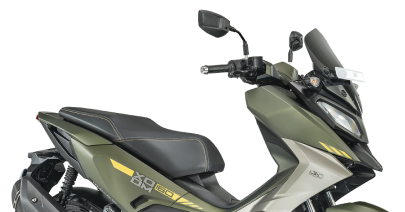
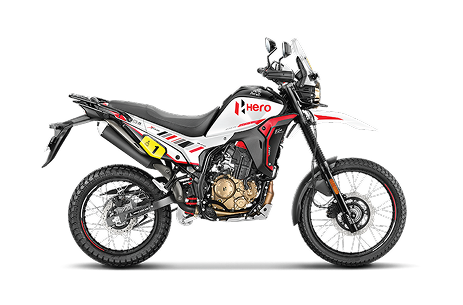
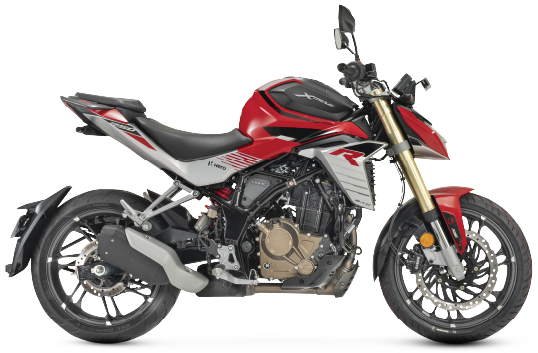
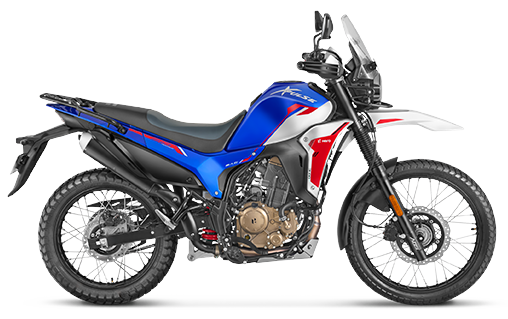
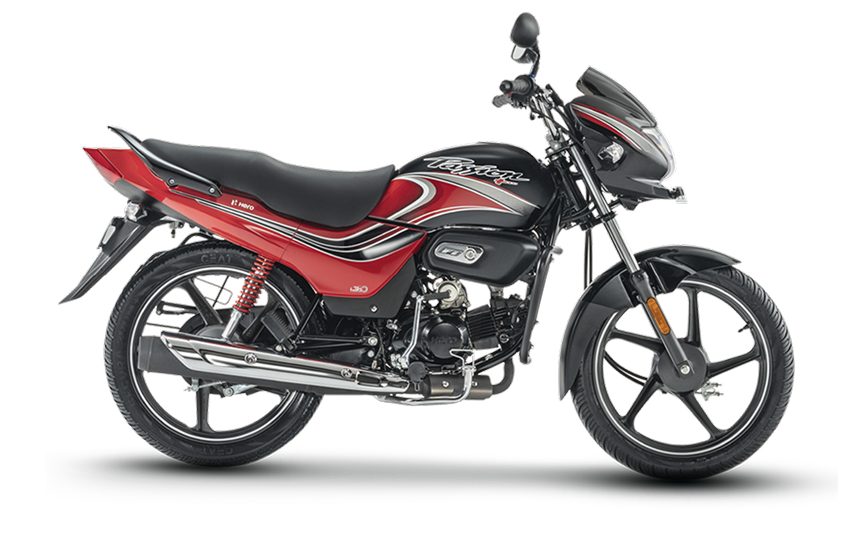
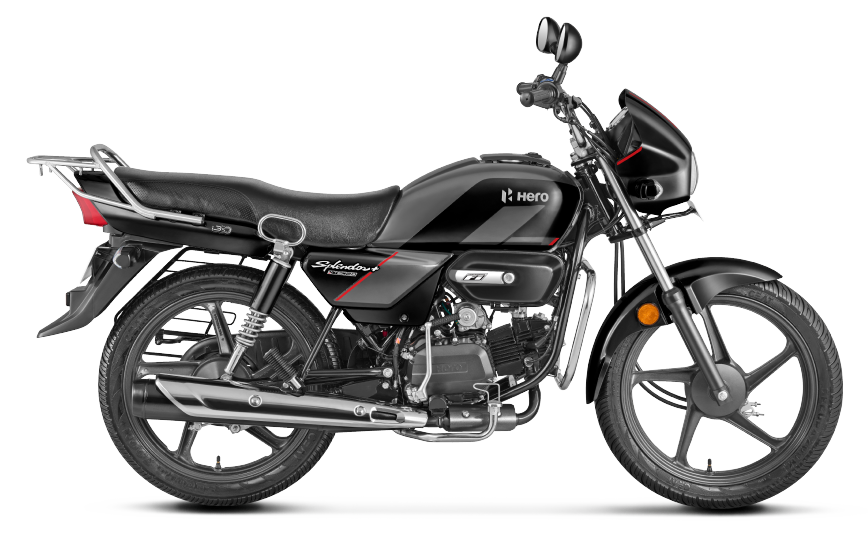
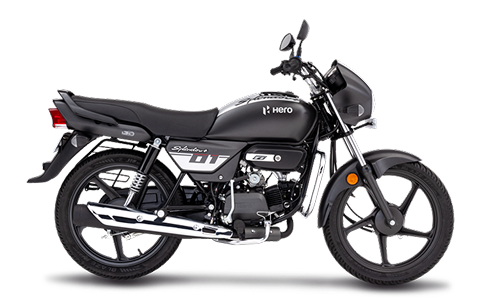

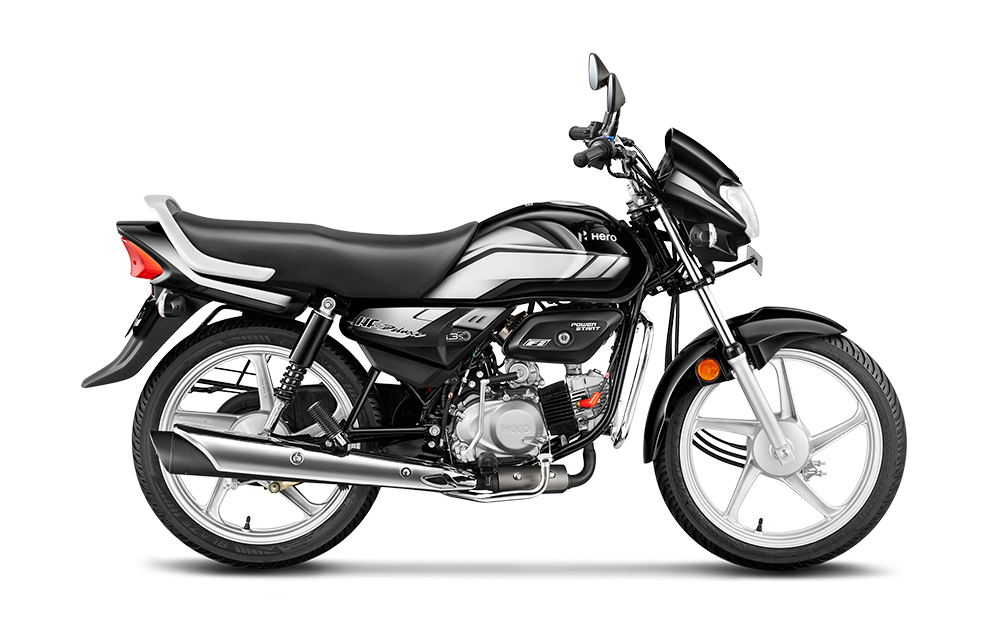
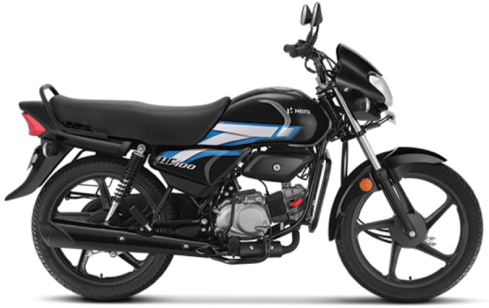
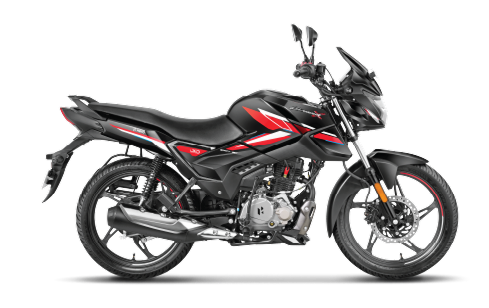
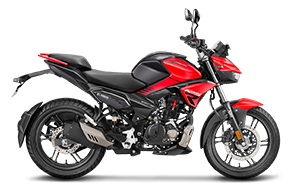

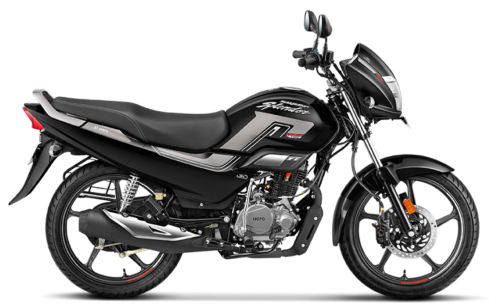
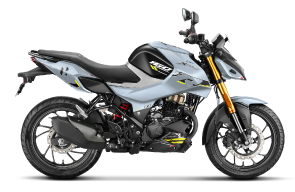
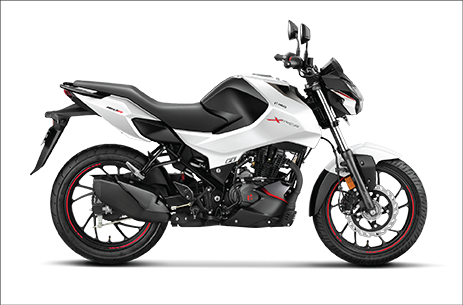
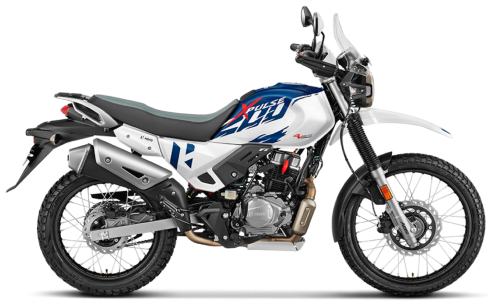
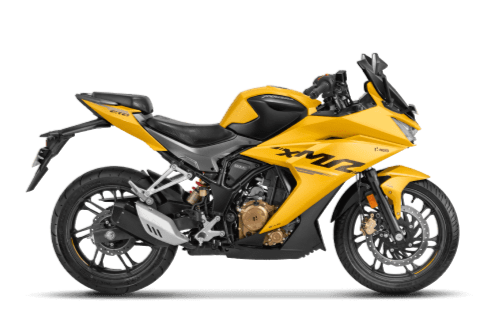
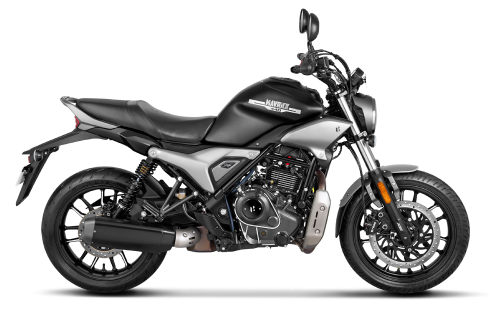
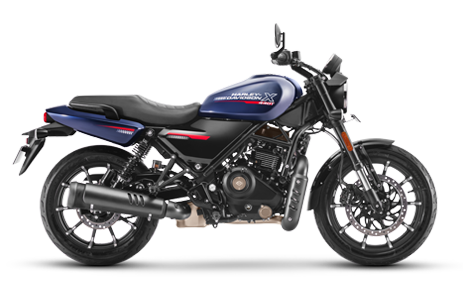
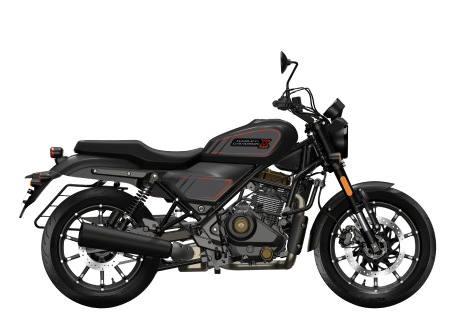
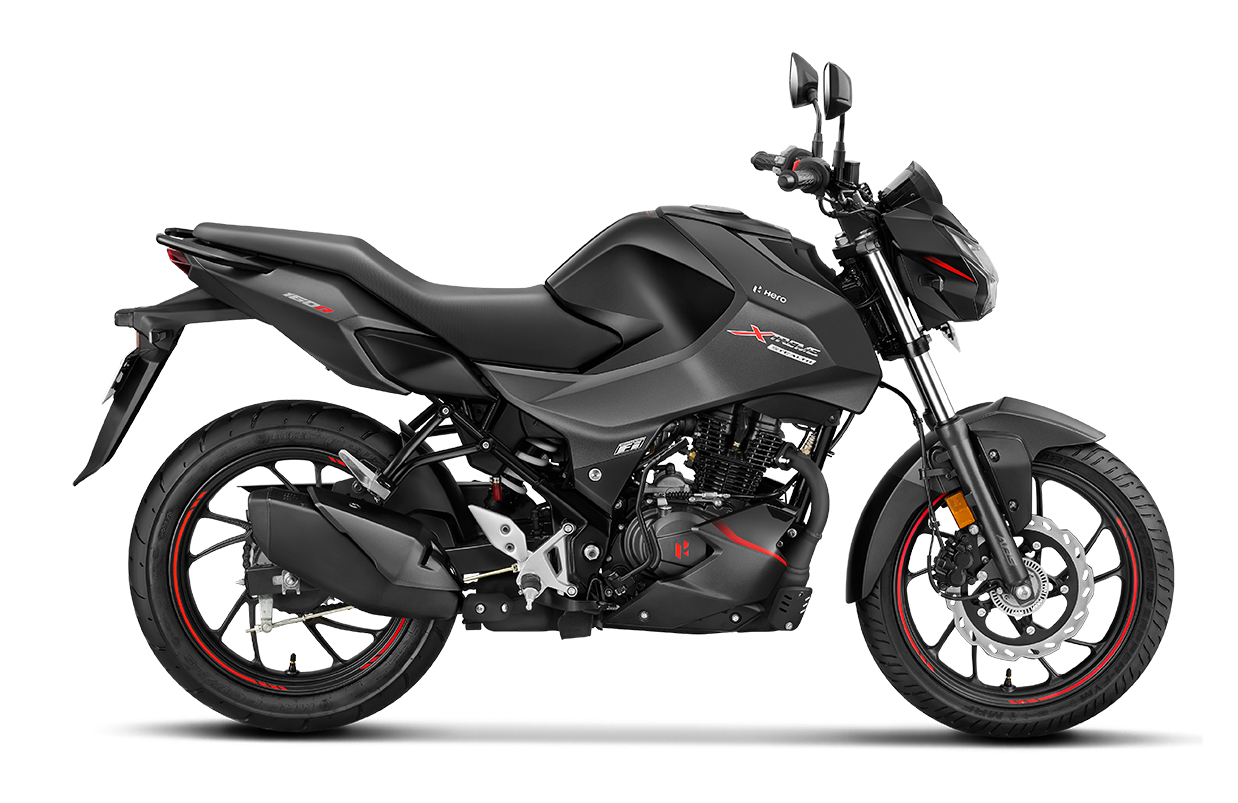

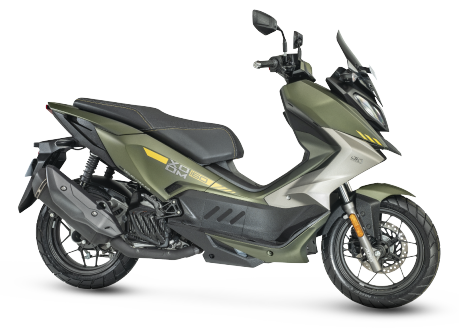
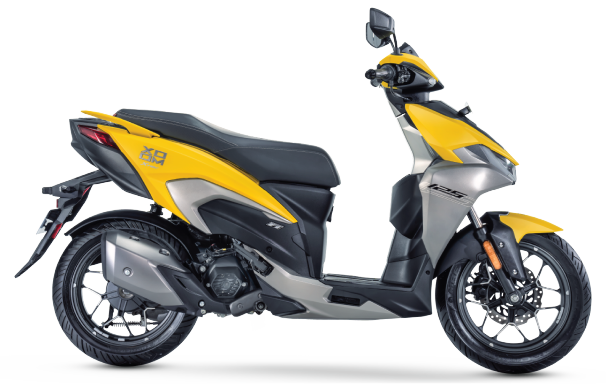
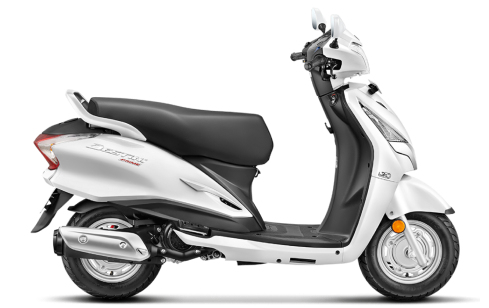
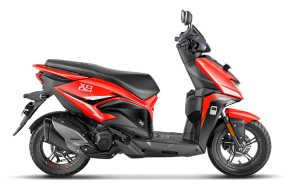

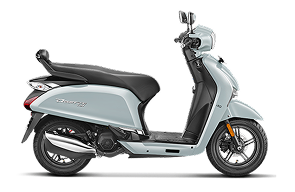




 Angola
Angola
 Argentina
Argentina
 Bangladesh
Bangladesh
 Bolivia
Bolivia
 Colombia
Colombia
 Costa Rica
Costa Rica
 Dominican Republic
Dominican Republic
 DRC
DRC
 Ecuador
Ecuador
 El Salvador
El Salvador
 Ethiopia
Ethiopia
 France
France
 GCC
GCC
 Great Britain
Great Britain
 Guatemala
Guatemala
 Guinea
Guinea
 Guyana
Guyana
 Haiti
Haiti
 Honduras
Honduras
 Italy
Italy
 Kenya
Kenya
 Madagascar
Madagascar
 Mexico
Mexico
 Myanmar
Myanmar
 Nepal
Nepal
 Nicaragua
Nicaragua
 Nigeria
Nigeria
 Panama
Panama
 Peru
Peru
 Philippines
Philippines
 South Africa
South Africa
 Spain
Spain
 Sri Lanka
Sri Lanka
 Tanzania
Tanzania
 Trinidad
Trinidad
 Turkey
Turkey
 Uganda
Uganda
 Zambia
Zambia



